Writer: beyondtheflightdeck
We need to talk about women in aviation: I was stood at the airport Lost & Found, explaining for the third time to the lady behind the desk that I wasn’t sure when I lost my sunglasses, although I knew they disappeared after an evening flight some point last week, and that I had definitely left them in the flight deck of the aircraft. I had flown almost 400 passengers that day, and I had visited the Lost and Found office as soon as I had finished my duty, so I was standing in full pilot uniform, with my wings and First Officer stripes on my blazer. The lady apologised that she didn’t have anything that matched my description, and then proceeded to ask if I enjoyed being Cabin Crew.
I’m often perceived to be cabin crew by various members of the general public, and it still continues to bewilder me, especially when I’m stood there in uniform. Although I understand that being a female pilot is uncommon, it frustrates and frankly saddens me that your average Joe Bloggs’ preconception is that a woman in uniform at an airport can only be cabin crew. Although I have been lucky enough to never receive any negativity from any passengers onboard any of my flights, (excluding a few drunken jokes from a stag party regarding being able to fly, but could I park the aircraft!) it’s clear that there’s still a long way to go until women are equal in aviation.
I started my journey to becoming a commercial pilot when I was 11, when I joined my local gliding club in the North East of England. I have always been aware of the tiny percentage of women pilots out there; at the time the club had about 100 active members, and I remember 4 being women. This trend continued on into my initial commercial flight training, where the course prior to mine had no women training at all.
Although various airlines have begun to made an effort to publicise that fact that girls can fly too, a recent study by British Airways suggests that only 3% of pilots are women. I strongly remember reading this figure 10 years ago when I first had my heart set on becoming a pilot, why hasn’t it increased at all? Why are so few women becoming pilots?
British Airways’ study continued to show that women said they didn’t think of flying as a career due to a lack of visible role models, and because they were told it “was a man’s job”. In the same poll, 20% said that whilst growing up they only saw men featuring as pilots on TV and film, and another 20% also said they thought women could only be cabin crew. Another publication, Absent Aviators: Gender Issues in Aviation, mentions a study conducted by Deanna Gibbons, a sociologist and member of the Royal Australian Air Force, which concludes that young girls view flying as difficult, dangerous, and “more of a man’s job.”
Gibbons’ study also showed that girls which became either commercial or military pilots experienced an early association with flying, something Gibbons labels “an epiphany moment.” These were triggered by direct exposure to flying: either a cockpit visit during a commercial flight, watching aircraft take off from an airfield, or taking a joyride on holiday. Most women interviewed experienced their epiphany moment between the ages of 5 and 10, with their childhood experiences inspiring actual hands-on flying experience during the girls’ teenage years. The women participating also described themselves as having “aviation-obsessed” fathers who encouraged their interest, although the fathers were only rarely pilots themselves.
I found this study particularly interesting, as my first memory of wanting to become a pilot was after a conversation with my own father, during a late night conversation where I asked “Daddy, what did you want to be when you were little?”, rather than requesting the usual bedtime story. From then I became determined that I would fly for a living, with a visit to the gliding club when I was 10 to request to become a member. I was told that I was still slightly too young, and if I was still interested to come back in a years time. I was 11 when I had my first flight in a glider, and it sealed the deal. I had the ‘aviation bug’, and I was hooked. I continued to fly at the club, went solo shortly after my 16th birthday, and started my PPL just before turning 17.
There’s a famous Da Vinci quote that is often mentioned by pilots when asked about their love for flying:
“FOR ONCE YOU HAVE TASTED FLIGHT YOU WILL WALK THE EARTH WITH YOUR EYES TURNED SKYWARDS, FOR THERE YOU HAVE BEEN AND THERE YOU WILL LONG TO RETURN.”
For me, that’s exactly how I felt after my first flight. If more young girls could have the opportunities I was lucky enough to have, would I now be flying with more female pilots?
If women in aviation were more widely talked about, approachable, or if girls were encouraged to like planes just as much as boys are, would the general public be more accommodating towards female pilots? Would parents then be more encouraging of their little girls with an interest in flying, aeroplanes or travel, rather than letting them grow up with the impression that they only can become cabin crew?
Normally when children visit the flight deck they stand quietly in awe of all the lights and buttons, whereas a little girl visiting recently was unable to do anything stare at me in the First Officer’s seat and repeatedly say, “but, you’re a girl!”.
For a long time, maybe naively so, I often thought that women just simply didn’t have an interest in aviation. Any hurdles I’ve personally had in becoming a pilot are similar to the ones that my male colleagues that have also experienced; and I’ve been lucky enough to fly with some fantastic pilots during my relatively short time in the air, with the general consensus from my colleagues being that they don’t care about the gender of their co-pilot as long as they can do the job properly! The aviation industry is clearly hoping to encourage women to follow in the steps of women such as Amy Johnson (the first British woman to fly solo from Britain to Australia), with initiatives from British Airways and easyJet looking to encourage more women to consider becoming a pilot.
However, I feel that it’s obvious that there’s still a long way to go until it’s not unusual to hear a female voice on the PA on a flight. I’m hoping with the increase of female pilots in the media, and efforts from airlines in the UK, dreaming of becoming a pilot won’t seem like such an obscure and unattainable career choice for young girls. During my short time flying commercially, I’ve been lucky enough to fly with another female colleague, and I hope to fly with many more throughout my career. I feel like the luckiest girl in the World to be living my childhood dream, and what other job are you able to be paid to travel, meet interesting people everyday, and spend hours looking out the window?Learn more about beyondtheflightdeck, or read more of her articles at beyondtheflightdeck.com.
























